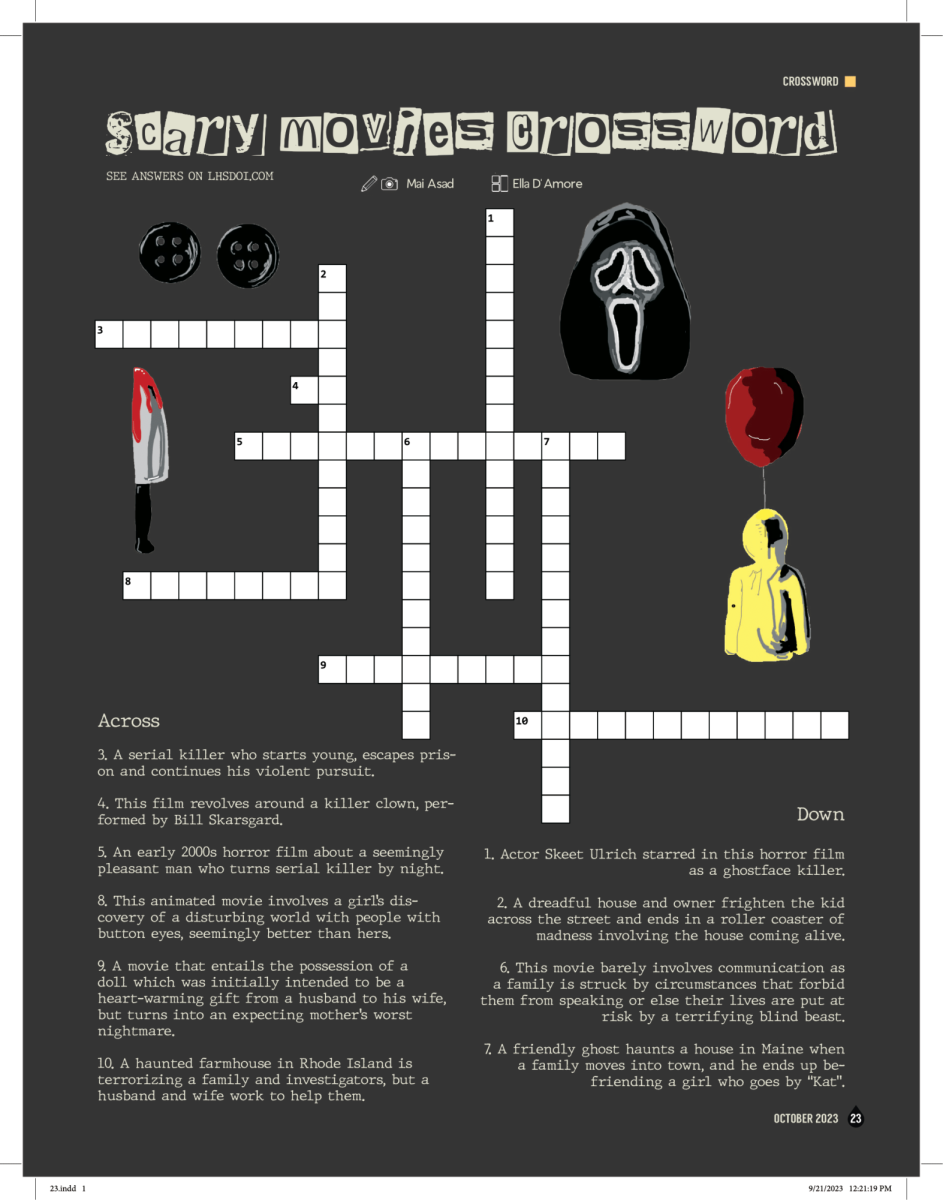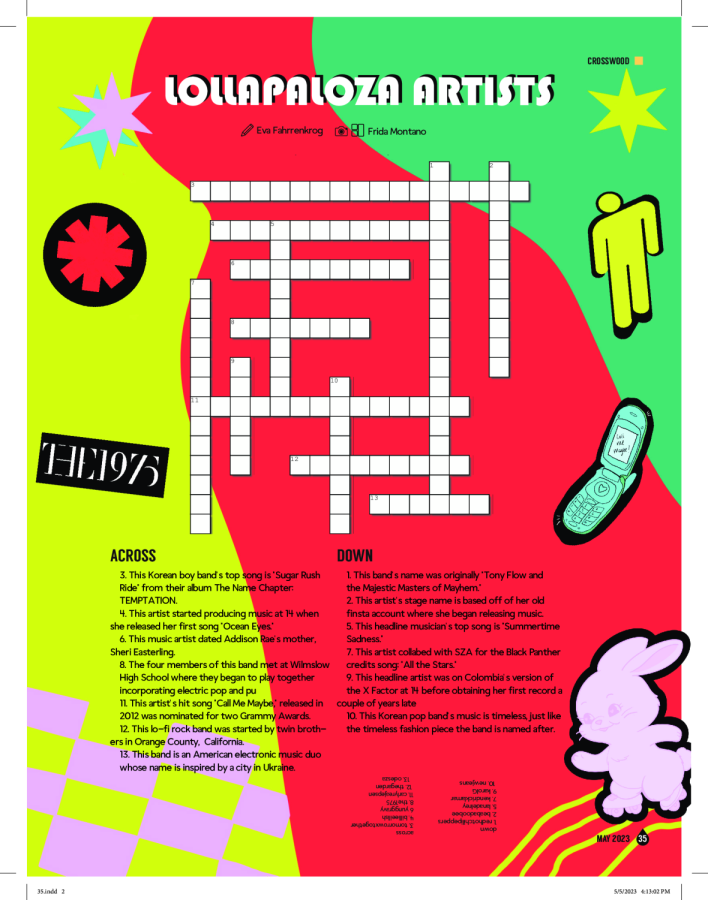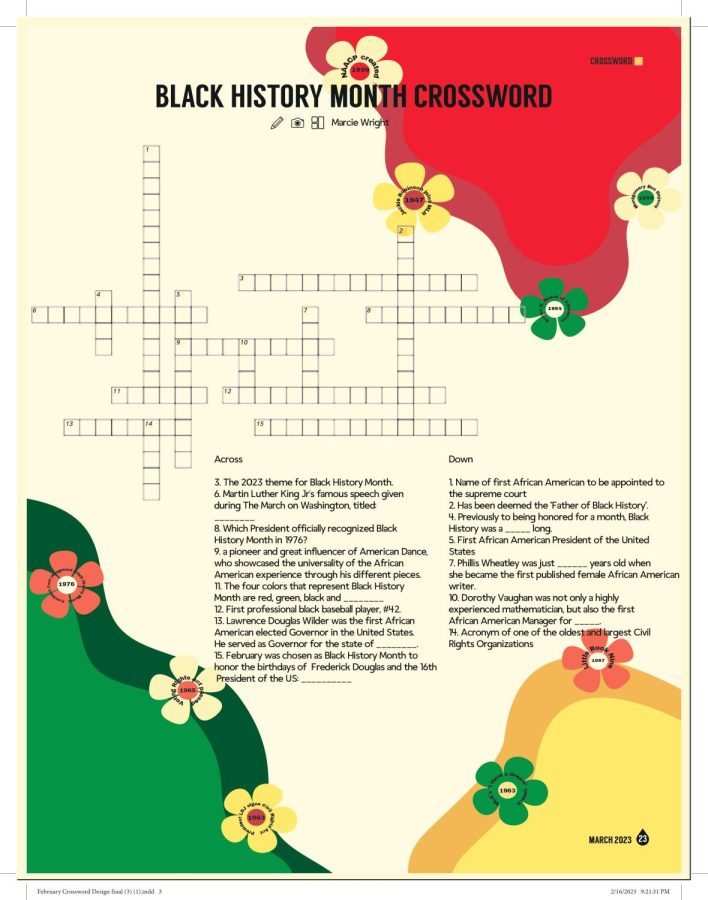
It’s a fantastic feeling to turn on an album and discover it as a straight-up rock anthem within seconds. A fed-up Rivers Cuomo (Weezer’s head man) backed by a classic-sounding Weezer came back to the music scene with a vengeance and they are refusing to sit back down with their album Everything Will be Alright in the End, released on September 30. Their last records were put out four years ago, but not with the feedback the fans or the band hoped for, leaving Weezer shying away from some very personal and true albums that were praised in their time. The new album proves to be a proper throwback to their glory days. Weezer is back.
The sound is edgy, ambitious, and even a little aggressive. The lyrics reveal a sense of depravity, but more importantly, the idea of moving on past hardship. Cuomo includes three series of songs in the album, according to Rolling Stone: “Cuomo has named the batch of songs about fatherhood ‘’Patriarchia;’ the track list also includes a series of girl songs he’s called ‘’Belladonna’’ and a set of tunes about his troublesome audience, dubbed ‘’The Panopticon Artist.’” In each of these series, an equal passion of ambition is clear. It’s a comeback guided by true rock and roll.
While Cuomo has had a known history of issues with his father (as revealed in his lyrics), the album’s lyrics tell the mending of their relationship, going along with the apparent theme of the record in moving on with determination. “I made up with my dad,” Cuomo sings on the single “Back to the Shack.” According to Rolling Stone, “In the early Seventies, Rivers and his younger brother, Leaves, lived with their parents at a rural Buddhist retreat in upstate New York. Their father, Frank, a jazz drummer, walked out on the family when Rivers was around four. According to Cuomo, he saw his dad only three times over the next 20 years – at ages seven, 11 and 16 – and not again until 1995, the year of Weezer’s smash “Say It Ain’t So,” in which Rivers lashes out at his father as a cruel ex-drunk.” But they’ve made up after a long struggle, says Simon Vozick-Levinson of Rolling Stone.“Now I see him all the time,” Rivers says. “Now that I’m a father, I’ve forgiven my parents.”
In addition, some very upfront songs regarding the group’s musical audience are shared. “I’ve had it up to here/Don’t want my music to be less well-known than my face/Don’t want to compromise my art for universal appeal/Don’t want to be mass consumed/I’m not a happy meal,” sings Cuomo on “I’ve had it up to here.”
It was no easy journey to get back to the top, and he shares no sympathy for those who didn’t believe in him, as he continues “I’ve moved out from the sticks/Nobody believed in me/Had to cut my way up/Overcome all kinds of adversity/Oh, if you think I need approval/From a faceless John, oh/That’s where you’re wrong.” While blunt, the comeback crusader has a valid excuse to be a little ticked off–they came from the top and fell right back down. With their largely unpopular albums Hurley and Raditude, the band had lost the assurance of having a great album to fans. Weezer needed a change. That change was a throwback to their earlier years with an added unique personality for the record.
The band also integrates ironic humor in their overall message with the album: “Adios rock band that we loved the most/This is a toast to what you did/And all that you were fighting for,” Cuomo sings, referring to Weezer. The album portrays a humor with an edge that borderlines on anger toward fans, but a sense of redemption stands out that emphasizes that Weezer just doesn’t care. They’ve essentially put out an incredible album and said: take it or leave it.
On the cover, we see the text “Everything will be alright in the end,” while artwork of a giant beast is displayed coming into view. It’s sarcastic. It’s funny. It’s cool. Welcome back, Weezer.







